The mechanical lock of ofo continues to raise concerns. As reported on July 21 by Interface News, on March 26, 2017, an 11-year-old boy from Tianyi Road in Shanghai collided with a passenger car while using a shared bicycle and got trapped under the vehicle. This marked the first recorded case of a minor under 12 using a shared bicycle in Shanghai. Subsequently, on July 19, the boy's parents filed a lawsuit with the Jing'an District People's Court in Shanghai, demanding 8.78 million yuan in compensation and requesting the company to immediately remove all mechanical code locks and replace them with safer alternatives.
On June 18 this year, another tragedy occurred in Zhengzhou, Henan Province, where a minor riding an ofo bike met with an accident. Reports suggest the boy, aged 12 or 13, managed to crack the password of the Xiao Huang car’s mechanical lock. During the ride down a steep slope, he lost control due to excessive speed, and the incident once again highlighted the safety risks associated with the mechanical locks.
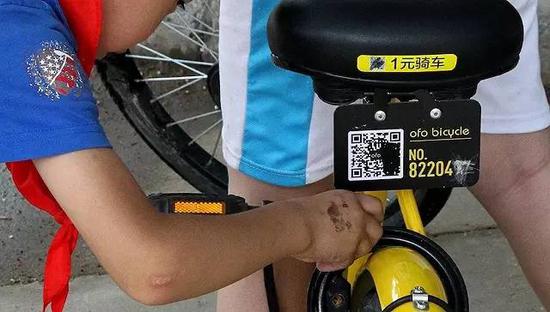
According to Interface News on July 21:
At noon on March 26, 2017, the boy and three companions (all minors) rode an ofo bicycle at 13:37 PM at the intersection of Tianyi Road, Qufu Road, and Zhejiang North Road. They collided with a bus from Shanghai Hongmao Car Rental Co., Ltd., resulting in the boy falling to the ground and getting trapped under the vehicle. Despite being rushed to Shanghai Changzheng Hospital, he died on the same day.
The Jing'an District Traffic Police determined that the boy, being under 12 years old, was cycling in reverse and failed to observe road conditions, thus bearing responsibility for the accident.
Plaintiff's lawyer Zhang Yulin emphasized that the primary cause of the accident was the victim's age, and ofo neglected placing warning signs for minors riding bicycles in public spaces. The mechanical lock installed on the vehicle posed a significant safety hazard.
The phrase "ofo's mechanical lock can be opened by children" has become well-known.
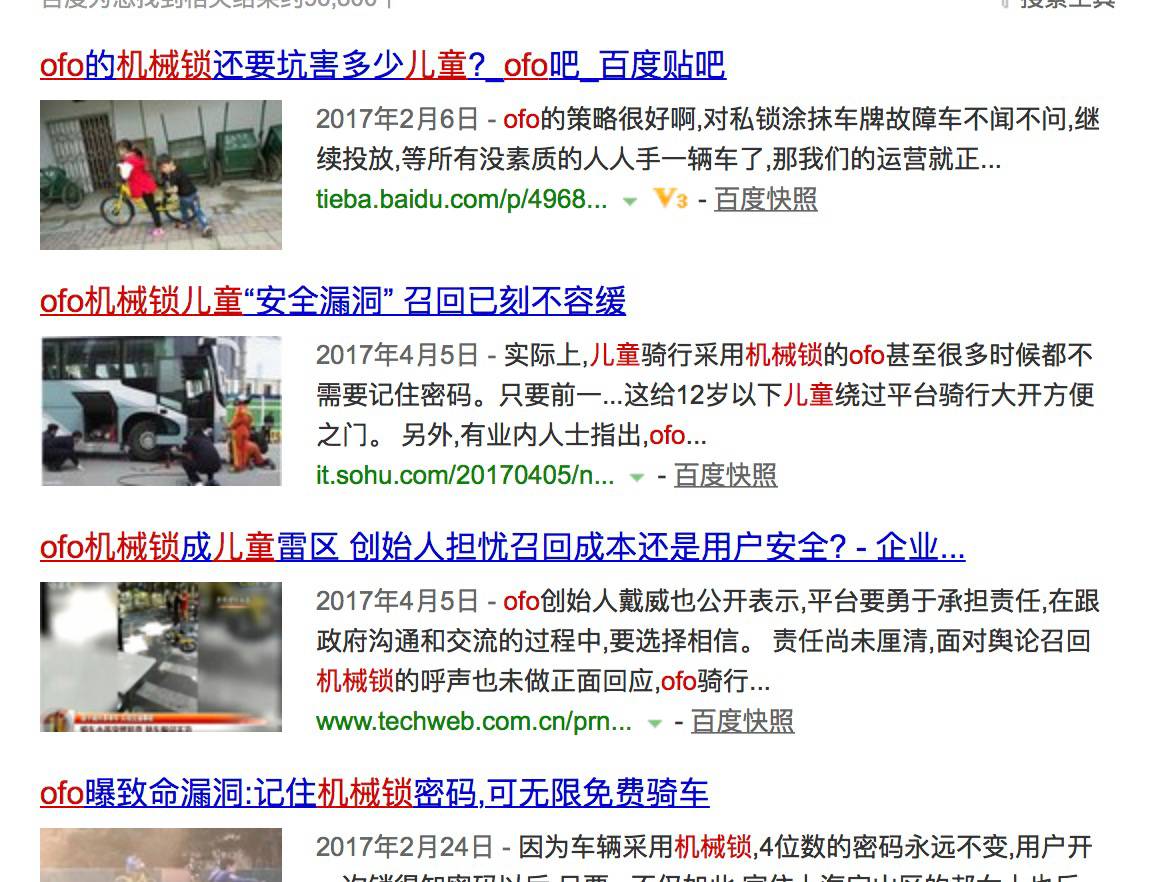
Interface News reported:
Even an 8-9-year-old child knows how to ride a bike. While the family owns a bike, parents typically do not allow their children to ride alone. With shared bikes, children don't have phones to register accounts, and parents haven't set up accounts either.
On the same day, the boy found a code lock on the roadside and rode off directly with three friends.
Plaintiff's lawyer Zhang Yulin pointed out that ofo's commonly used mechanical lock had serious security flaws. Users don't need to lock the bike after returning it; simply clicking "end trip" on the app suffices. Even when locked, many users fail to disrupt the password, making it easy to open. Even when passwords are disrupted, the secrets of the bicycle locks are shared online, creating a security risk for minors under 12.
Indeed, on the morning of March 28 following the incident, ofo issued an official statement promising to develop an effective prevention mechanism to stop minors under 12 from using bicycles, aiming to prevent similar tragedies. A representative of Shanghai ofo also told the media that in the future, the platform would block users under 12 during authentication. Regarding the issue of easy lock opening, ofo mentioned launching a new smart lock with dynamic passwords to prevent illegal use.
However, on June 18 this year, a minor who was riding a yellow car crashed in Zhengzhou, Henan Province. Reports indicated the boy was 12 or 13 years old and managed to crack the password of the Xiao Huang car's mechanical lock. He fell due to excessive speed while riding downhill, drawing attention to the mechanical lock's safety issues again.
In the Shanghai case, besides demanding a total compensation of 8.78 million yuan for death and mental damages, the plaintiff also requested the Jing'an District People's Court to order ofo Xiao Huang to immediately recover all mechanical code locks and replace them with locks that children cannot easily open after use.
“Are we sharing or leasing? We don’t care,†the rivals of ofo's 'yellow oranges' were bickering on June 19.
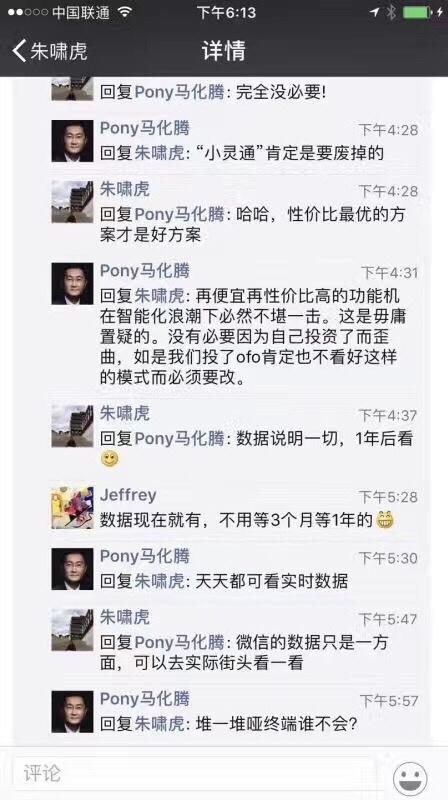
On June 27, Zhu Xiaohu, an investor of ofo, stated at an economic summit: “In the end, whether it's called the sharing economy or leasing business, we don’t care.â€
According to early reports from Orange Capital, Zhu Xiaohu said:
When discussing the sharing economy, some investors noted that since last year, the Chinese internet has been dominated by stories of two types of bicycles. The business models of charging treasures and bicycles are essentially the same.
Some media outlets claimed that we package the rental business into a shared economy to make money. Not only Chinese media but also American media expressed similar views, even exaggerating, saying that Chinese entrepreneurs and investors have misrepresented the shared economy in a glorious image.
To be honest, we never thought deeply about what this business model should be called. Whether it's called the sharing economy or leasing business, it doesn’t matter to us.
What about the $700 million financing of ofo? The founder said: Expansion.
On July 10, ofo completed a $700 million Series E round of financing.
Dai Wei, founder and CEO of ofo Xiao Huang, said: “ofo Xiao Huang is committed to providing convenient, efficient, green, and healthy travel services globally. In the future, we will further enhance user experience and accelerate our domestic and international strategic layouts, continuing to lead the development of the shared bicycle industry. According to OFO data, by the end of 2017, ofo plans to deploy 20 million vehicles, serving 200 cities worldwide and entering 20 countries and regions.â€
This clearly shows that the primary purpose of this funding is—expansion.
According to Yifan Qianfan data, the number of active users of OFO's shared bicycle app has grown exponentially since 2017. Particularly after ofo completed $450 million in D-round financing in March, by May, MAU exceeded 25 million. Clearly, OFO's scale expansion strategy has yielded significant results. After completing this new round of financing, OFO decided to continue its expansion strategy.
In an interview with Xinhua Viewpoint, Zhang Ding, founder of ofo, also stated that he would continue to expand after securing funding.
Reporter: At the beginning of this month, ofo completed a new round of $700 million in financing. What will this financing be used for? Recently, capital has been invested in the field of shared bicycles. Do you think this is rational?
Zhang Xiaoding: This is very interesting. Capital is very “smart†and is willing to enter the field of shared bicycles because it sees a clear business model and can actually generate profits through riding fees. Just as we were not optimistic about a number of investment institutions in the early days, it was considered whimsical and didn’t fall because it wasn’t clear then. With the power of capital, we are doing two expansions.
First, expanding the scope of business and gradually replicating operations, extending to third-tier cities and overseas markets. Second, attracting outstanding talent and technology. We need capital to help us find better and more potential people worldwide.
Reporter: Apart from financing, ofo raised the deposit from 99 yuan to 199 yuan. Why was such an adjustment made at this time? How will the large deposits generated by a large number of users be used?
Zhang Xiaoding: In fact, when we were designing comprehensively, the deposit was divided into layers. At present, in addition to raising the deposit from 99 yuan to 199 yuan, a deposit of 299 yuan has been designed, and there is also a sesame credit authorization deposit. Through various methods, comparing different data points, we can better understand users' deposit requirements.
The ofo’s electronic lock-up vehicle with a higher deposit was compromised by the user experience.
According to the "Huaxia Times" report, on June 20, ofo’s user deposits were increased from 99 yuan to 199 yuan. On the same day, ofo announced that “Internet of Things smart locks†were officially applied. In the evening, OFO also announced that the world's first shared bicycle NB-IoT “Internet of Things Smart Lock†jointly developed with China Telecom and Huawei was officially applied to OFO. On the same day, ofo's new user deposit rose from 99 yuan to 199 yuan.
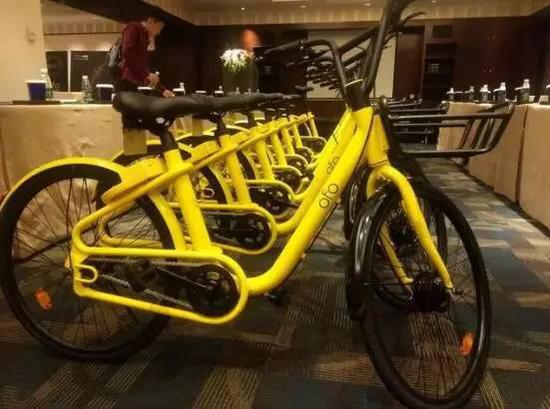
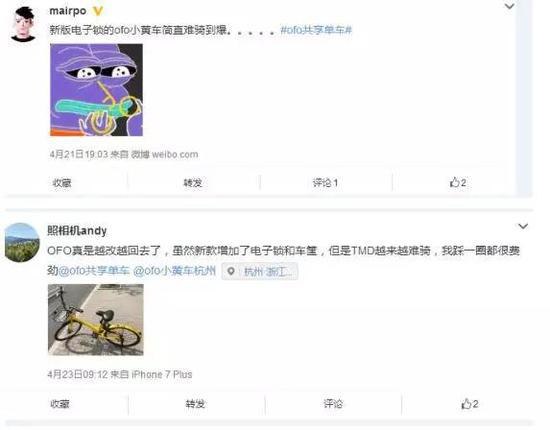
From the perspective of social media user feedback, people don't have much affection for the ofo yellow cars equipped with electronic locks. Many users said that although the new yellow cars have increased the number of electronic locks and improved vehicle conditions, the riding experience has been reduced. “It takes a lot of effort to go around.â€
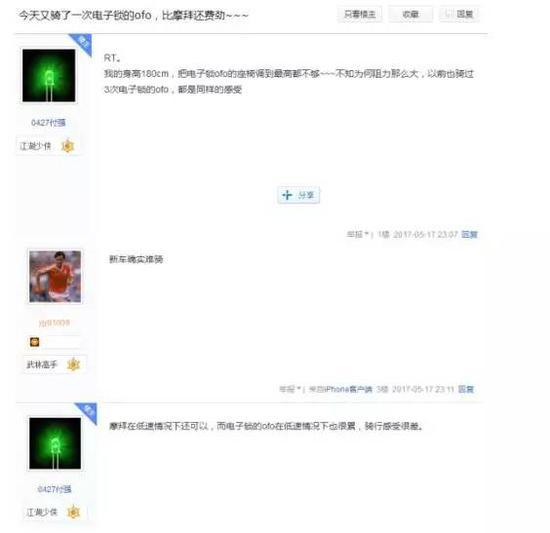
The new ofo cars are difficult to ride, and users' focus is on vehicle resistance. Moreover, according to user feedback, this situation is not accidental but occurs across all ofo bikes equipped with electronic locks. Users generally report that the ofo electronic lock is exhausting even at low speeds, leading to a poor riding experience.
Clearly, under the pressure of internal and external demands to replace the small yellow bikes with electronic locks, it is unlikely to resolve issues like riding resistance and Other problems affecting the user experience. Eventually, instead of introducing a new product, the user base may remain skeptical.
According to analysts, ofo's electronic locks are heavy, and the electronic version of the frame weighs nearly 50%. Due to the lack of patented technology, compared to Mobicycle's high-efficiency electronic transmission system, ofo's traditional system with electronic locks has quite a bit of resistance. Under these combined factors, it is not surprising that users question the difficulty of riding.
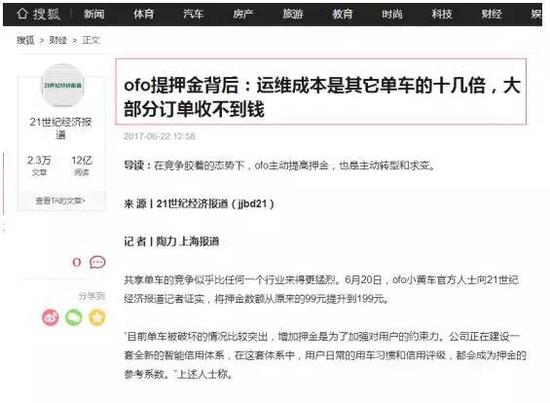
According to the 21st Century Business Herald, ofo's operational and maintenance costs are almost a dozen times higher than those of other bicycles. Although the cost of vehicles is low, management becomes uncontrollable as the number of vehicles increases. “Zhu Xiaohu said that sharing a bicycle will end in 6 months. This is impossible. Ofo is difficult to form a closed loop, and most orders do not receive payment. Additionally, it lacks data and financial沉淀, which are defects of the innate model.â€
Sources: Interface News, China Times, 21st Century Business Herald, Xinhua Viewpoint, Analysys
Wenzhou Hesheng Electronic Co., Ltd. , https://www.heshengelec.com